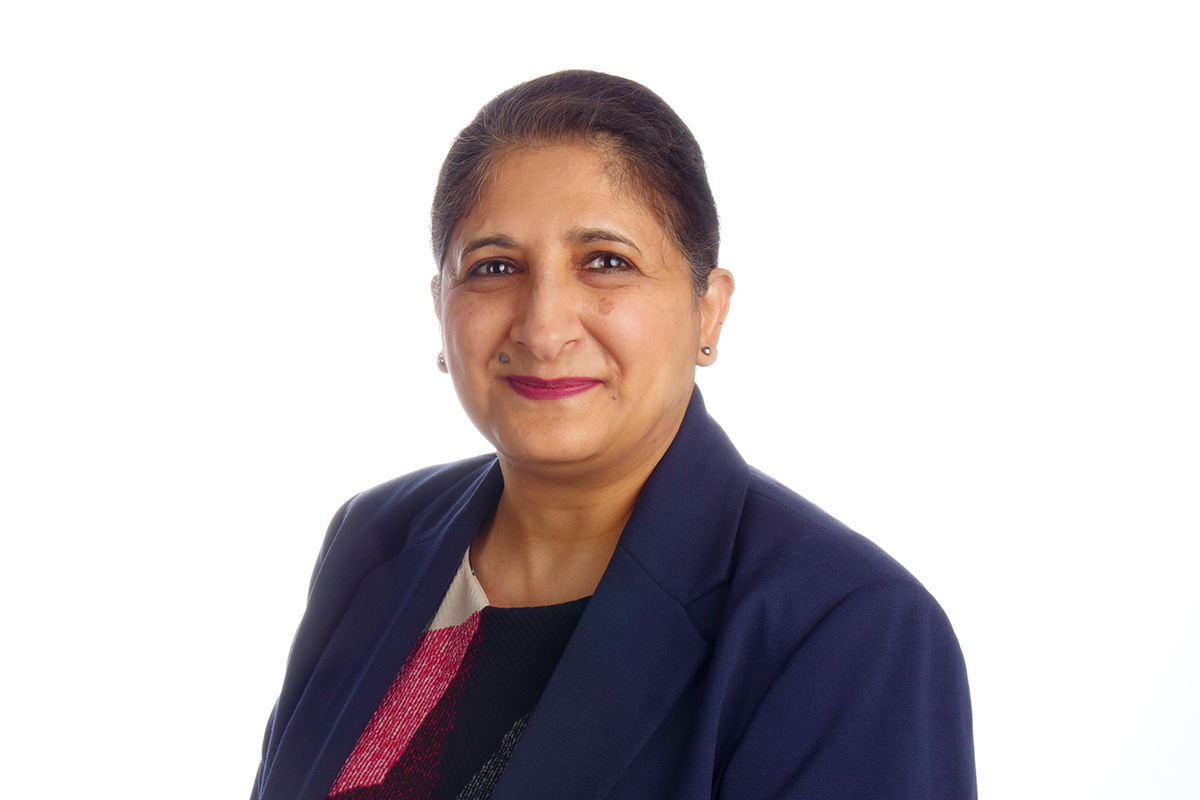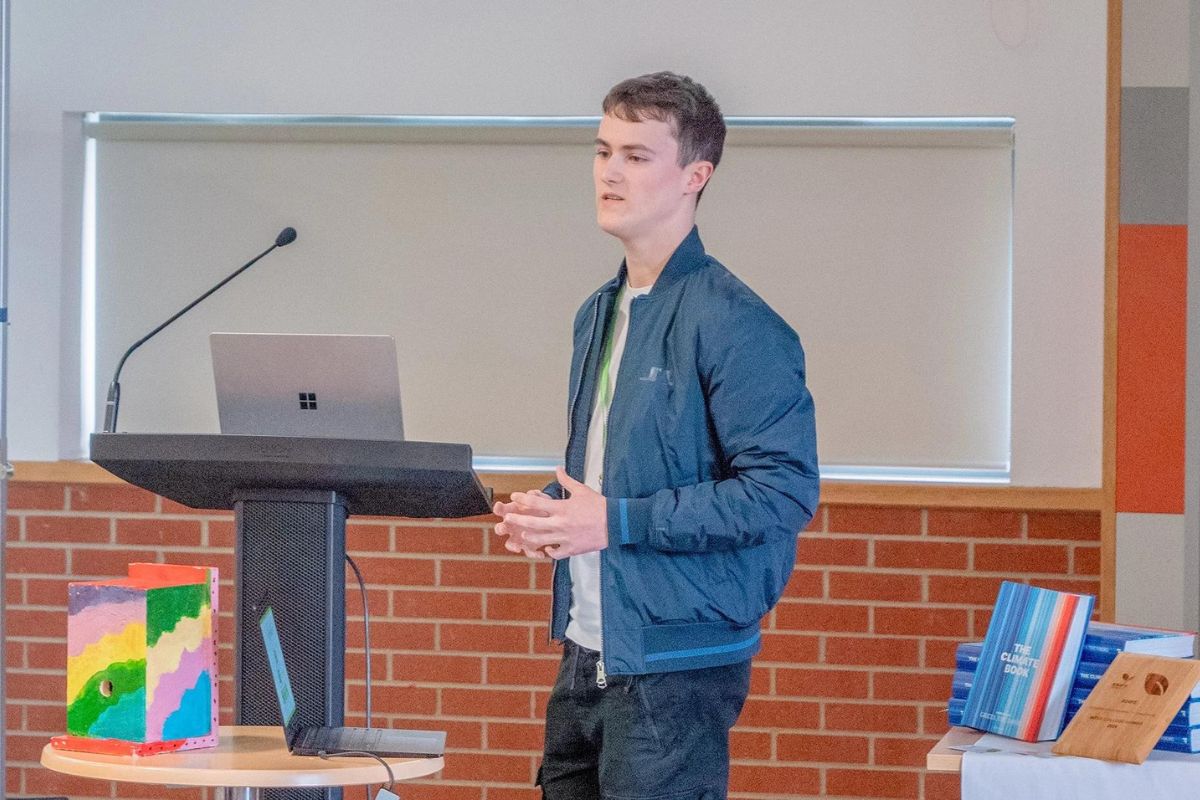Melanie Owen celebrates Welsh language resources and qualifications in agriculture

The Coleg Cymraeg and Qualifications Wales celebrate increased Welsh-medium and bilingual agriculture provision, resources and qualifications at the Royal Welsh Show
Melanie Owen, presenter of S4C’s agriculture programme Ffermio, will lead a joint event between Qualifications Wales and the Coleg Cymraeg on the grounds of the Royal Welsh Show today (Tuesday 19 July) to celebrate the recent increased Welsh-medium and bilingual qualifications, provision and resources available in agriculture for the post-compulsory education sector.
On 18 July, a phase 2 sector review of Agriculture, Horticulture and Animal Care qualifications was published by Qualifications Wales, which identifies the priorities of ensuring that the qualifications are available through the medium of Welsh and bilingually for the future and of ensuring clear progression pathways into employment.
Speaking ahead of the event, Philip Blaker, Chief Executive of Qualifications Wales, said:
“We’ve launched a detailed report in which we outline the steps we’ve taken to address the concerns identified by our review and to strengthen the existing qualifications available in Wales.
“At the Royal Welsh Show today, in partnership with the Coleg Cymraeg, we’ve had the opportunity to celebrate the pathways and progression that support post-16 learners to continue their studies through the medium of Welsh.”
The Coleg Cymraeg welcomes the review and Qualifications Wales’ commitment to work with awarding bodies to find short-term and long-term solutions to the challenge of developing bilingual vocational qualifications in agriculture for learners and apprentices in Wales.
Looking forward to the event, Dr Ioan Matthews, Chief Executive of the Coleg Cymraeg said:
“We very much welcome the review and look forward to seeing a further increase in the number of vocational qualifications available to pupils, learners and students who want to study agriculture and other related fields through the medium of Welsh and bilingually.
“It’s vital that the Coleg and Qualifications Wales continue to work together to respond to the gaps in bilingual and Welsh-medium qualifications in the post-16 sector.”
At the end of 2021, over 60 Welsh language and bilingual resources were launched by the Coleg for agriculture in the post-16 sector. These new resources have been extremely popular and include resources on Farm Animal Health, Animal Care and Prentis-iaith at Understanding Level. The resources were published on the Porth Adnoddau, the Coleg Cymraeg’s resources website, to support lecturers and practitioners in further education colleges and trainers working in apprenticeships.
Dr Matthews added:
“Agriculture is one of the main priority areas of the Further Education and Apprenticeship Welsh-medium Action Plan as it attracts so many Welsh speakers. Ensuring a prosperous future for young people in rural areas and the Welsh-speaking heartlands is a key element in delivering the aims and objectives of Cymraeg 2050, the Government’s strategy to create a million Welsh speakers.
“The Coleg has been supporting degree-level provision in agriculture for a number of years, but we are now looking forward to developing the provision in the post-16 sector as well, and where better to celebrate the recent progress than the Royal Welsh Show in Llanelwedd.
“The Coleg’s priority over the coming years is to build sufficient capacity across land-based studies which includes agriculture, animal care and horticulture. This will help ensure a sufficient supply of young people who are confident in their Welsh going on to work in the industry in rural Wales.”
According to Iwan Thomas, a lecturer in Agriculture at Coleg Sir Gâr who will also be speaking at the event:
“The bilingual agricultural resources developed and updated by the Coleg are excellent and useful for everyone whatever their Welsh language skills, not only in the lesson, but also later when they start working in the agricultural industry. As someone who works with learners in a further education college, I also welcome the level 3 Welsh-medium and bilingual courses in agriculture and animal care that follow on from the Qualifications Wales review.”
As part of the event, the Coleg Cymraeg will also celebrate the Welsh-medium and bilingual provision in agriculture in the higher education sector, including provision in Veterinary Science following the opening of the School of Veterinary Science at Aberystwyth University in 2021.
Dr Ioan Matthews said:
“We are very happy to see a new cohort of future vets starting at Aberystwyth University, and studying part of their course through the medium of Welsh following support from the Coleg. We hope to see the students on these courses staying in Wales to work after they graduate.”
According to Dr Manod Williams, a lecturer in Bioveterinary Science and Animal Science at Aberystwyth University:
“Thanks to the Coleg Cymraeg, I’ve been able to stay in Wales to educate the next generation of animal scientists and farmers through the medium of Welsh – after all, communicating through the medium of Welsh is vital in the sector.”
The event will be led by presenter Melanie Owen, who grew up on her family’s farm in the Aberystwyth area. Melanie welcomes the Welsh-medium and bilingual opportunities available in agriculture for young people in Wales, and hopes that more diversity will be attracted to the field.
Melanie said:
“These new Welsh-medium and bilingual resources, provision and qualifications are very exciting, and I really hope the provision will encourage new generations to consider a career in agriculture, not just from rural areas, but from every part of Wales. It’s important that we ensure that agriculture is open to everyone.”












Responses